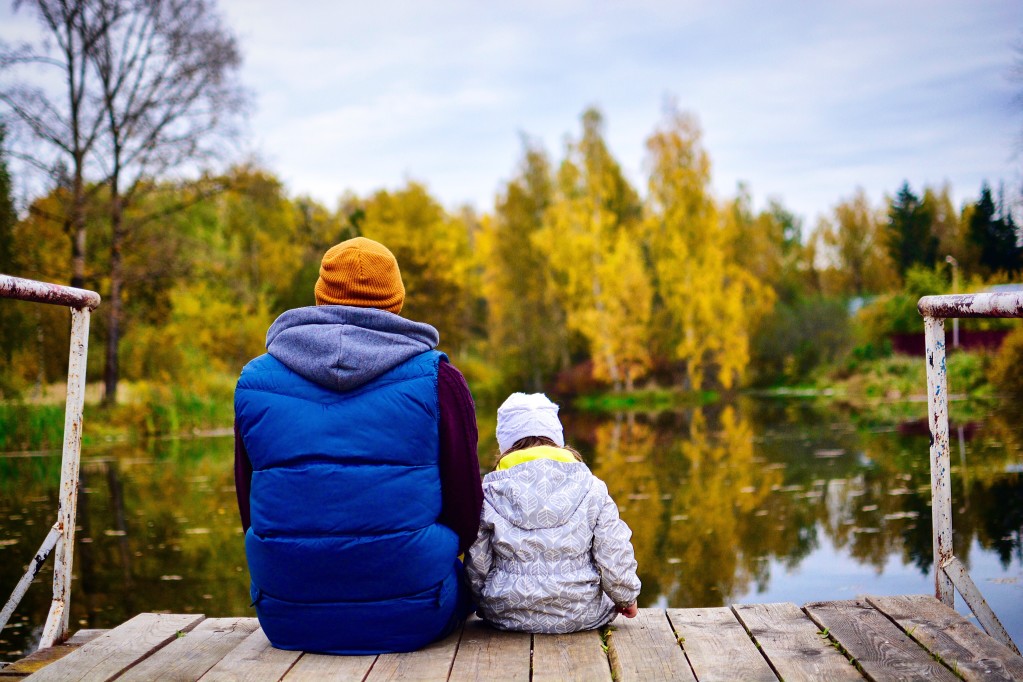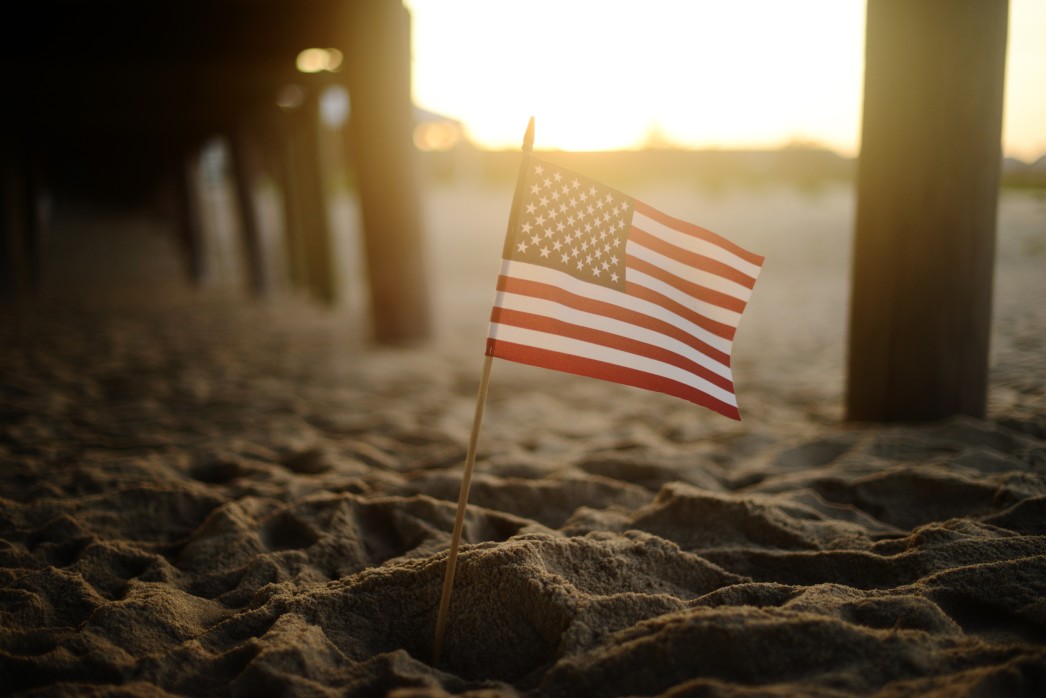“Chris, meet Tim. He’s not a Christian like you. He’s a Buddhist.”
The introduction affronted my American sensibilities. I would have been less shocked if he had disclosed my net worth. But my friend and my new Buddhist acquaintance seemed unfazed by the candor, so I pretended to be comfortable with it too. But I was pretending.
Though I hold strong religious convictions, I am also a product of the American religious culture—one that elevates privacy, restraint, and non-infringement among its chief values. Living in Hong Kong for two months helped me realize how much Americans can learn from Hong Kong, and how our values stifle freedoms for all American citizens and uniquely ostracize religious minorities.
Hong Kong features rich religious diversity. Well over half of the city’s seven million residents adhere to some form of Buddhism or Taoism. About ten percent identify as Christian. Three percent identify as Muslim. Smaller but still significant populations of Hindus, Mormons, and Jews also coexist in the city.
Hong Kong’s diversity is among the most statistically diverse in the world. According to Pew’s research, Hong Kong is the 10th (out of 232) most religiously diverse country or territory in the world. The city is as free as it is diverse, allowing its citizens to practice and express their faith openly. The government describes religious freedom as one of the “fundamental rights enjoyed by Hong Kong residents.”
Hong Kong’s religious diversity and freedom stands in contrast to modern America. Historians often extol the American religious environment, a place lauded for its safety and freedom for people of all religions, but this is not as true today as it used to be. In rankings of both religious diversity and freedom, the United States is no longer a global leader, and it trails far behind Hong Kong.
On that same Pew study, the United States ranks as the 68th most diverse—and we are not as free as we might think. Pew describes the “rising tide” of restrictions on religion in the United States over the past five years. During that time, we’ve shifted from a country with “low” restrictions on religious freedom to only “moderate” levels of freedoms.
Religious freedom cases have also dotted headlines over the past few years. Hobby Lobby, Wheaton College, Little Sisters of the Poor and dozens of other faith-based institutions sued the federal government (and won) because the Affordable Care Act mandated they pay for abortion-inducing drugs for their employees, even when some of those drugs and procedures violated their religious convictions.
Government agencies have discriminated against Christian schools by denying land permits. But it is America’s religious minorities that suffer most from decreased religious freedoms. Muslim prisoners have been forced to shave their beards against their religious convictions. A terrorist gunned down worshippers at a Sikh temple in Milwaukee due to their religious beliefs. The UCLA student council cross-examined and questioned whether a Jewish student could effectively serve in school leadership, solely because of her faith.
[pq]In America, it seems religious sanitation, not accommodation, is the direction we’re heading.[/pq]
On the contrary, Hong Kong’s religious environment has flourished, creating a hospitable, transparent, and accommodating environment for all its citizens. Religious expression radiates through Hong Kong’s streets and high-rises. In the alley behind our apartment building, we regularly saw small offerings of fruit with incense burning alongside it, a Buddhist practice of gratitude and meditation. On a larger scale, beautiful Taoist and Buddhist temples become sites for the devout and the curious alike.
We explored the fascinating Ten Thousand Buddhas monastery and the breathtaking gardens surrounding the Chi Lin nunnery. We visited the historic Saint John’s Anglican cathedral, located in the heart of Hong Kong’s powerful financial district. We also worshiped at several other evangelical churches situated on the second, third, or fourth floors of soaring skyscrapers. Religion permeates the streets, creating a hospitable venue in which to practice it.
Chin Lun Nunnery, Hong Kong
At a different lunch, a friend welcomed me to “pray or do whatever I do” before eating our meals. He did not join me in praying, but he gave me space to do so, reverently accommodating my religious practices, no matter how strange or foreign it may have seemed. This attitude of respect allows people of all faiths to hold strong convictions and practice them in their lives, rather than hiding them from public view.
By the conclusion of our stay in Hong Kong, it left me wondering, just why are Americans so uptight about religion?
Several prominent journalists recently exposed their religious views. In Christianity Today, Kirsten Powers wrote of her conversion to Christianity, describing the inner battle she faced at the “horror of the prospect of being a devout Christian.” The piece instantly became the magazine’s most-read piece of 2013 (and one of their top posts of 2014).
Similarly, Ann Marie Cox, also a liberal journalist, wrote an honest account for The Daily Beast about why she was going public as a Christian.
“The only place where my spirituality feels volatile is in my professional life,” Cox wrote. “The only time I’ve ever felt uncomfortable talking about my faith is when it comes up in conversation with colleagues.”
Her piece also went viral, landing her seats on talk shows to describe her courageous decision to expose her religious persuasion. And it was courageous. For both Powers and Cox, the American religious climate is unfriendly. It is cold, judgmental, and easily offended.
From all angles, it feels dangerous to tip our hand for fear we might offend the various factions roaming America’s streets. These columnists’ testimonies struck a chord because of just how bold they are. Is this really good for America? My sense is that in Hong Kong, these stories would be met with a shrug.
But here in America, it seems religious sanitation, not religious accommodation, is the direction we’re heading. Rather than affirming and valuing the diversity of (what might seem) strange, divergent, and conflicting religious views of our citizens, we attempt to enforce an impossible form of religious neutrality. But neutrality is not a tenable strategy for American religious life.
For people of deep religious conviction, private beliefs will always have public expressions. If we ignore that fact, we’ll only see America continue to diminish religious freedoms and squelch religious diversity. Hong Kong provides another path—a path that invites, celebrates, and affirms people of all religious views, even those whose views might seem crazy, outdated, or both.
This article was originally posted at Smorgasblurb.




